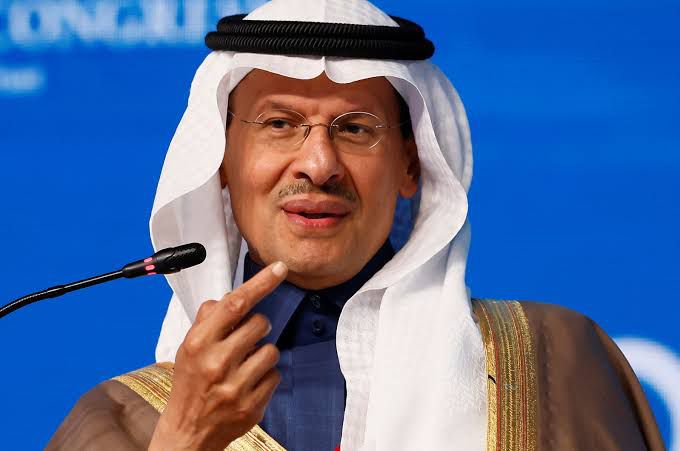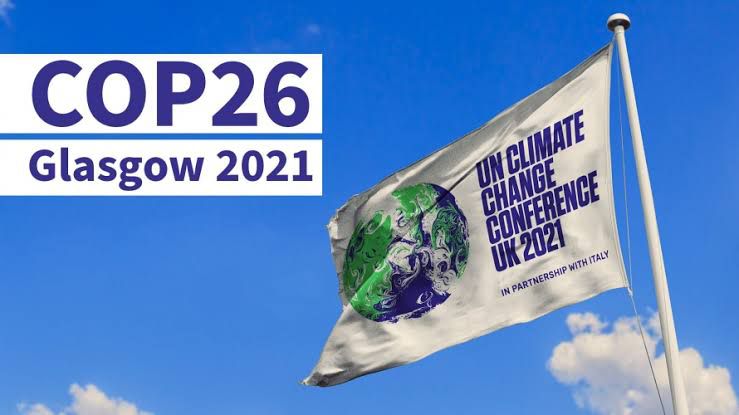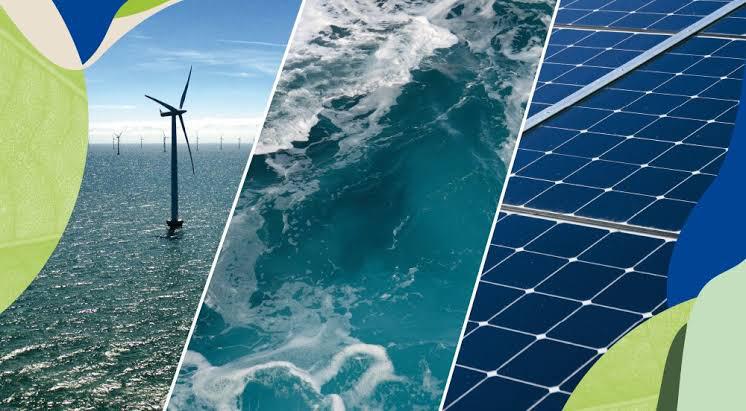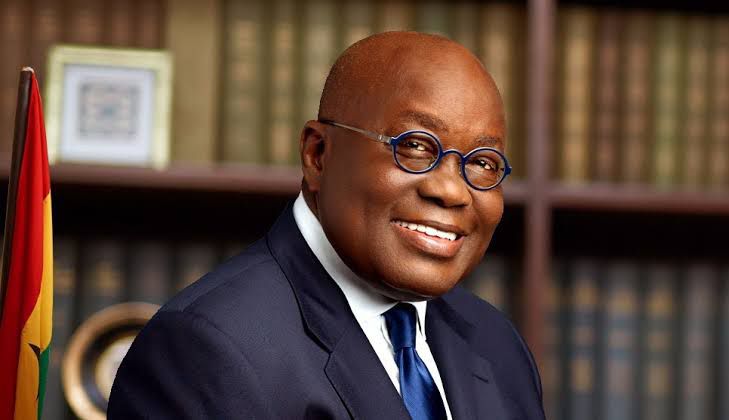During the first day of their summit on Thursday, the leaders of the twenty-seven (27) European Union member states debated ways to handle the present energy crisis for hours, deciding for a moderate approach in the final statement despite profound divides over the long-term climate strategy.
In light of Europe’s persistent energy crisis, Poland, Hungary, and the Czech Republic have urged for adjustments to the EU climate plan.
The EU member states urged the Commission to provide immediate relief to the most vulnerable consumers while also considering medium and long-term measures to ensure low energy prices and energy security while maintaining the net-zero by 2050 goal.
The European Commission indicated last week, when presenting a toolkit to address the energy issue, that “the current price increases are likely to be temporary.”
Even after the market stabilizes next spring, prices would stay “higher than the average of the past years.” The Commission presented a toolbox for a coordinated approach to protect those most at risk in the immediate term, including by investigating “possible anti-competitive behaviour in the energy market.”
At the summit this week, the European Council said in its conclusions on energy issues that “The toolbox presented in the Commission Communication on tackling rising energy prices contains useful measures for both the short and the longer term.”
The EU leaders also invited the “the Commission to study the functioning of the gas and electricity markets, as well as the EU ETS market, with the help of the European Securities and Markets Authority (ESMA). Subsequently, the Commission will assess whether certain trading behaviours require further regulatory action.”
Natural gas prices in Europe are still highly high and volatile, although falling from record highs last week, due to a very tight market with low inventory levels before the winter, low wind speeds, and record carbon pricing.



